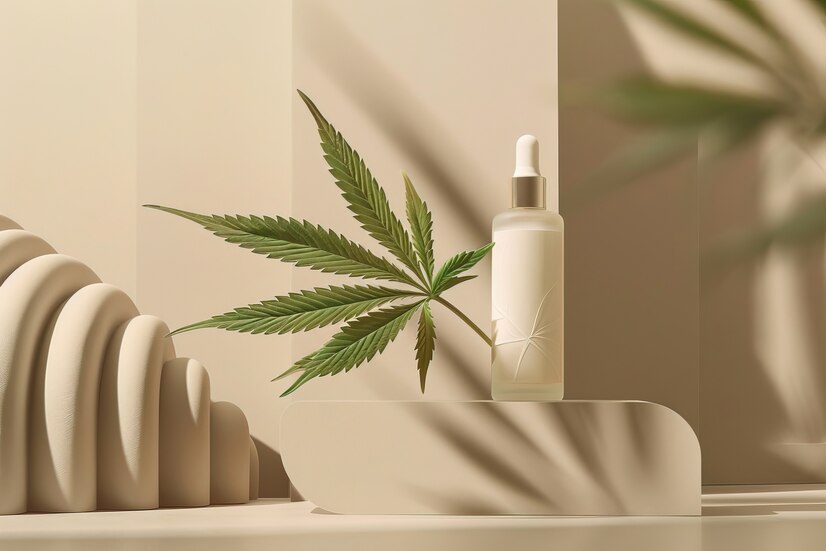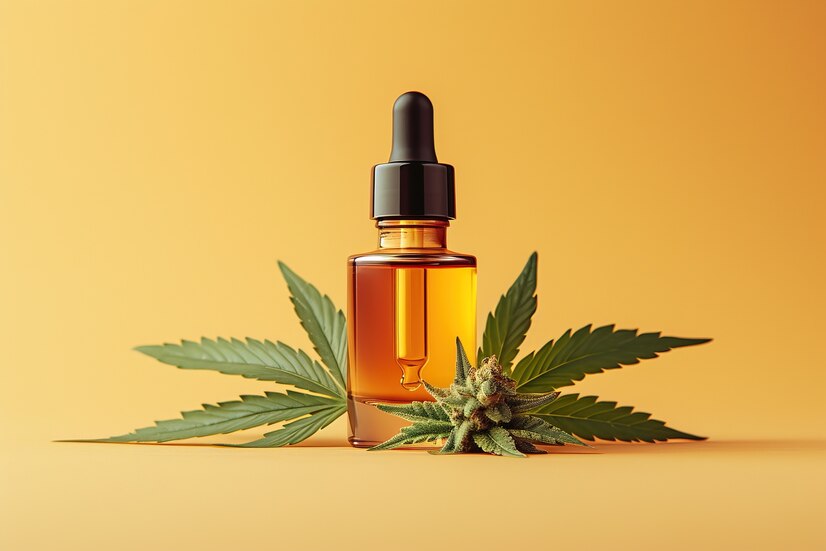Table of contents
CBD has become a popular natural supplement for managing stress, pain, sleep disorders, and anxiety. However, one common concern among potential users is whether using CBD could cause them to fail a drug test—especially for those who are subject to routine workplace or athletic drug screenings.
In this blog post, we’ll explore the relationship between CBD and drug tests, the factors that could lead to a failed result, and how to protect yourself from any unintended consequences.
Understanding CBD and Drug Testing

Cannabidiol (CBD) is one of over 100 cannabinoids found in the cannabis plant. Unlike THC (tetrahydrocannabinol), which is psychoactive and commonly associated with marijuana’s intoxicating effects, CBD is non-intoxicating and legal in many parts of the world.
Standard drug tests are designed to detect THC or its metabolites—not CBD. However, that doesn’t mean CBD users are completely in the clear. There are circumstances where taking CBD can lead to a fail a drug test outcome.
How CBD Could Make You Fail a Drug Test

1. Full-Spectrum CBD Contains Trace THC
Full-spectrum CBD products contain a range of cannabinoids, including THC (usually below the legal limit of 0.3%). While this amount is minimal, regular or high doses over time could lead to THC accumulation in the body—enough to trigger a positive test.
2. Cross-Contamination During Production
Poorly manufactured CBD products may contain more THC than listed. In unregulated markets, some brands fail to maintain strict controls, resulting in contamination that could make users fail a drug test unknowingly.
3. Mislabeling or Inaccurate CBD Content
Studies have shown that some CBD products are mislabeled, with THC content higher than declared. If you’re unknowingly consuming more THC than intended, this can result in a failed test.
4. Sensitivity of the Drug Test
Some drug tests are highly sensitive and can detect even minute amounts of THC metabolites. Even a microdose from legal CBD products might register, depending on the type of test (urine, blood, hair, or saliva).
How to Reduce the Risk of Failing a Drug Test from CBD
- Use CBD Isolate: Pure CBD isolate contains no THC and is the safest option if you’re concerned about drug testing.
- Choose Broad-Spectrum CBD: This retains other cannabinoids and terpenes but excludes THC, reducing the risk while maintaining some of the entourage effect.
- Buy from Trusted Brands: Look for third-party lab reports (COAs) that confirm the THC content is within legal limits—or absent altogether.
- Check Dosage and Frequency: Higher and more frequent doses of full-spectrum CBD increase your risk of THC buildup.
Types of Drug Tests and Detection Windows
| Test Type | Common Detection Window | Can It Detect THC? |
|---|---|---|
| Urine | 3–30 days | Yes |
| Blood | Up to 7 days | Yes |
| Saliva | 1–3 days | Yes |
| Hair | Up to 90 days | Yes |
While these tests don’t target CBD, the presence of THC metabolites—even from legal products—can result in a fail a drug test situation.
FAQs About CBD and Drug Testing
No, not always. It depends on the type of CBD, how much you take, and the sensitivity of the test. CBD isolate and broad-spectrum products are less risky.
Always check for third-party lab results that clearly show “non-detectable” levels of THC.
CBD isolate is the safest option, as it contains no other cannabinoids, including THC.
Topical CBD is unlikely to enter your bloodstream in amounts that would affect a drug test. However, transdermal patches may have a higher absorption rate.
If you failed unexpectedly, request a retest and provide documentation of the CBD product used, including lab results. Consulting legal or HR resources may also help.
Final Thoughts
While CBD itself won’t cause you to fail a drug test, certain products can pose a risk due to trace THC content, mislabeling, or manufacturing issues. If you’re subject to drug screening and still want to benefit from CBD, take time to choose your products wisely—stick to CBD isolate or high-quality broad-spectrum options from reputable sources.
In a growing and sometimes unregulated market, consumer education is your first line of defense. With the right precautions, you can enjoy the benefits of CBD without the unwanted surprise of a failed test.





